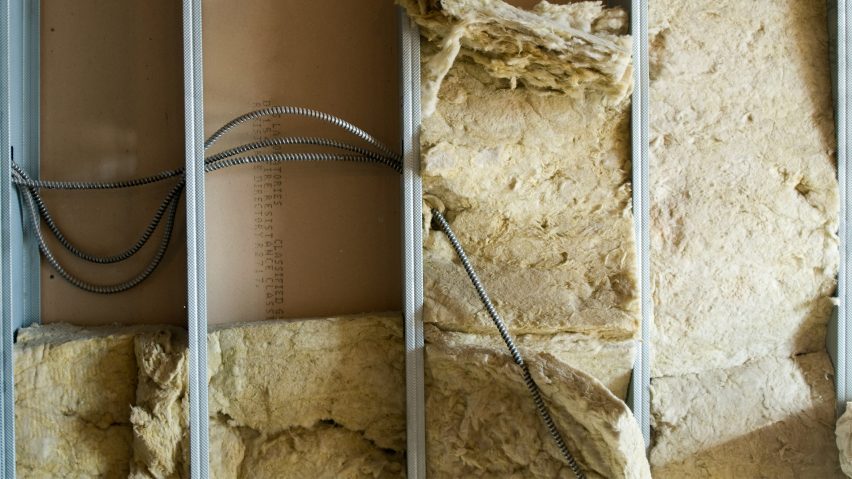
Energy savings from home insulation "vanishing" after four years
Energy savings achieved by insulating UK homes appear to be cancelled out within a few years by an increase in energy use, according to a study by the University of Cambridge.
The study, which analysed the gas-use patterns of more than 55,000 homes across England and Wales, found that the fall in gas consumption achieved by retrofitting wall insulation was voided within four years.
Retrofitting lofts proved half as effective, with any gains becoming "insignificant" after year two, the researchers said.
Further research is now needed into the causes of this "rebound effect", which is preventing energy savings from continuing long-term.
But the study posits that it could be due to the simultaneous construction of home extensions, which can increase a household's energy consumption by around 16 per cent.
"We found that energy efficiency retrofits are often combined with home improvements that actually increase consumption, such as extensions," explained Cristina Peñasco, an associate professor in public policy at the University of Cambridge, who co-authored the study.
Home insulation "not a magic bullet"
Other possible causes include the fact that 18 per cent of English households have conservatories, which according to the study negate any energy savings within the first year, as well as the possibility that energy and cost savings could in turn encourage increased consumption.
To achieve a long-term reduction in gas use and the associated emission – in line with the UK's mission to reach energy independence and net-zero emissions – the researchers argue that insulation thus needs to go hand-in-hand with the installation of heat pumps and regulations to change people's behaviour.
"There are very real benefits to households from good insulation, not least in terms of health and comfort," said co-author Laura Diaz Anadon, who is the director of the Cambridge Centre for Environment, Energy and Natural Resource Governance.
"However, home insulation alone is not a magic bullet," she added. "In the long term, simply funding more of the same insulation roll-out to meet the UK's carbon reduction and energy security targets may not move the dial as much as is hoped."
Wall insulation causes seven per cent drop in gas use
Published in the Energy Economics journal, the study is the first to track the long-term effects of insulation in households across England and Wales, according to the researchers.
Their analysis is based on data collected by the UK's Department of Energy and Climate Change, tracking households' gas use for five years before and after insulation was installed.
Factoring in the age and size of the building, as well as the weather and gas prices at the time, the study found that cavity wall insulation was the most effective, leading to an average seven per cent drop in gas use in the first year.
In comparison, retrofitting loft insulation saw an initial fall of only four per cent.
"Insulating the lofts and cavity walls of existing UK housing stock only reduces gas consumption for the first year or two, with all energy savings vanishing by the fourth year after a retrofit," the study concluded.
Retrofits must include heat pumps
In low-income households, these savings were even smaller – an average of three per cent during the first and second year post-retrofit – suggesting that any savings are immediately redirected into keeping the home warmer for longer.
This proves that insulation is effective in democratising access to heating and fighting fuel poverty, the researchers argue, especially in light of the current energy and cost-of-living crises.
But the study also shows that, to actually cut down on gas use and emissions, insulation retrofits must go along with energy reduction targets for households and waivers on energy bills for low-income households, the researchers argue.
In addition, they argue electric heat pumps should be installed alongside insulation to decarbonise residential heating, which is responsible for around 14 per cent of the UK's carbon emissions.
The country's housing stock is among the oldest and least energy efficient in Europe, which has long led industry groups including the Royal Institute of British Architects, the Construction Leadership Council and the Architects Climate Action Network to call for a comprehensive national retrofit strategy.
Alongside insulation, they argue a holistic approach would must include the addition of "low-carbon" heat pumps and triple-glazed windows at the same time.
The top photo is by Jupiter Images.